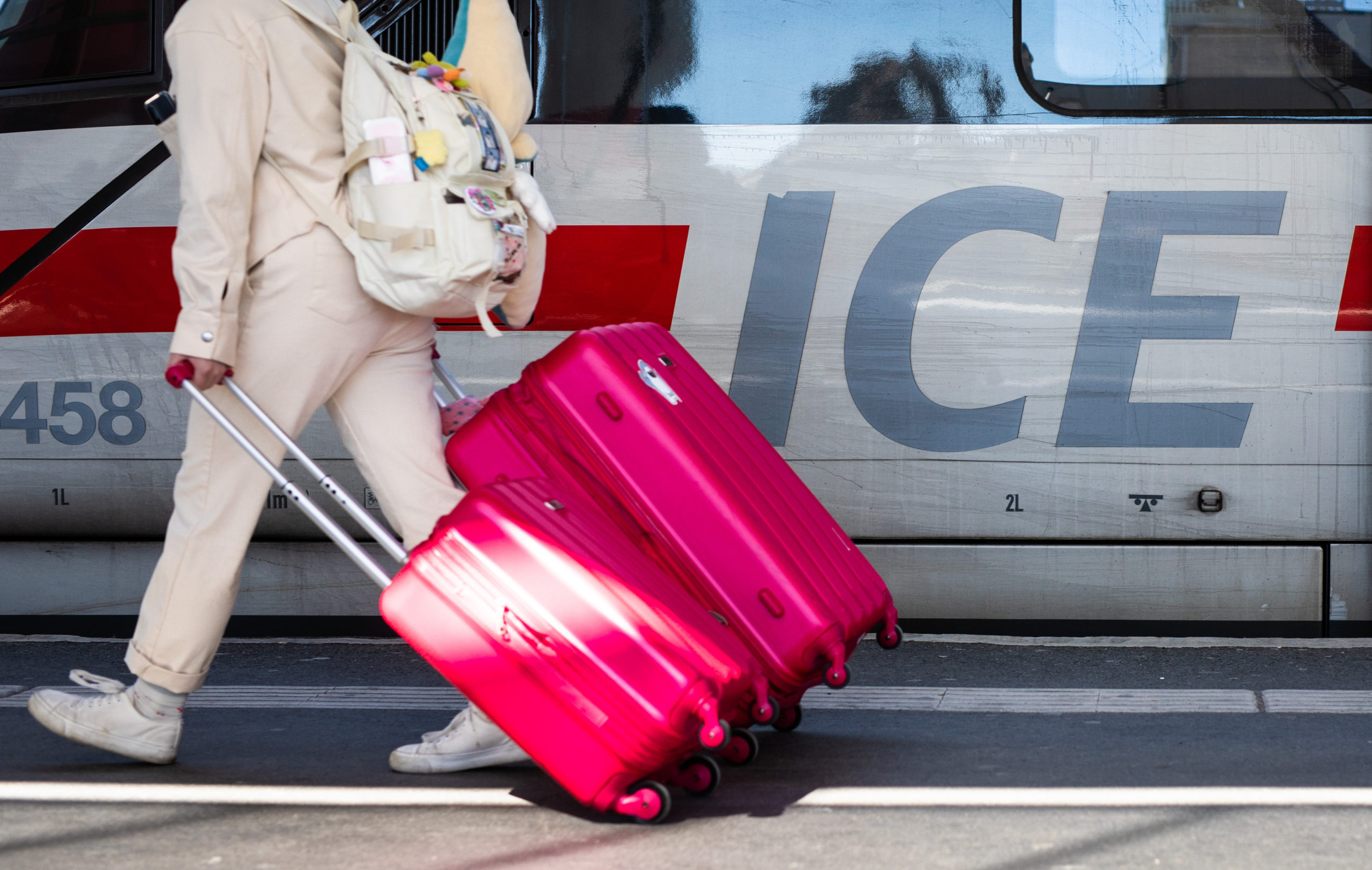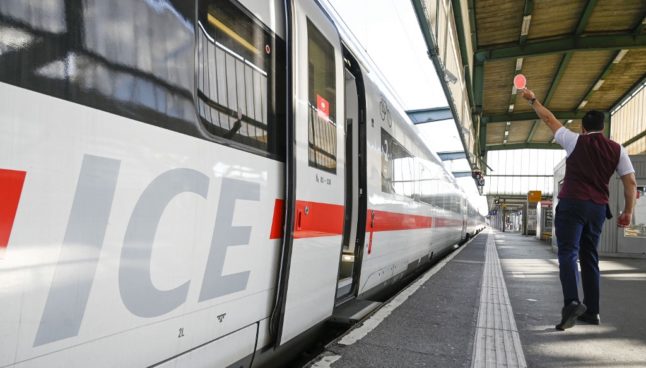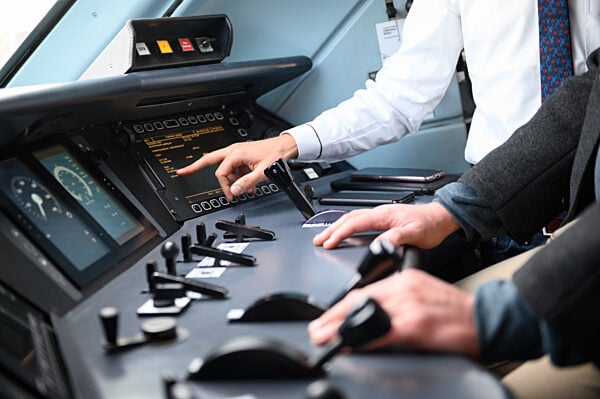New connections
Deutsche Bahn’s new timetable includes a new direct ICE connection from Hamburg to Frankfurt Airport. The Basel-Cologne-Dortmund line will consequently be extended via Frankfurt to Hamburg.
A new night train from Berlin to Zurich will also stop in Erfurt, Halle and Leipzig. New stops will also be added on the existing night train line from Hamburg to Zurich, while the night train from Munich to Budapest will start in Stuttgart.
READ ALSO: Revealed: The best night trains running through Germany
Reduced travel times
With the start of the new high-speed line between Wendlingen and Ulm, the travel time between Stuttgart and Munich will be reduced by around 15 minutes, according to Deutsche Bahn.
Connections from Germany’s most populous state North Rhine-Westphalia to its largest state Bavaria will also benefit from the new route. For international connections, the travel time between Berlin and Warsaw will be reduced by around ten minutes.
New trains and more seats
The new timetable also sees the launch of the new ICE 3neo, which will operate between Dortmund, Cologne and Munich and on Saturdays on the new high-speed route between Ulm and Wendlingen. The train is the fleet’s quickest and can run 320 km per hour, up from the previous 300 km per hour.
READ ALSO: ICE 3neo: Deutsche Bahn’s speediest ICE train makes first trip in Germany
These will be joined by new XXL ICE 4 trains. In 2023, there will be more ICE trains in operation “than ever before,” Deutsche Bahn announced. In particular, more seats will be created on the connections to Frankfurt Airport – a total of 19,000 seats will be added to long-distance services.

Higher prices
The improvements come with a higher price tag: Deutsche Bahn is raising prices on long-distance services by an average of 4.9 percent. Flextickets alone will be 6.9 percent more expensive on average. The Bahncards 25, 50 and 100 and the route time tickets will cost an average of 4.9 percent more.
However, Super Sparpreis seats will continue from €17.90 and the Sparpreis from €21.90 will remain the same. Seat reservations will also continue to cost €4.50 in second class and €5.90 in first class.
Numerous major construction sites
In December, minor construction sites on six routes are already affecting rail traffic, for example between Cologne and Mainz, Frankfurt and Mannheim, and Giessen and Wetzlar.
So far next year, ten major construction sites are planned, each of which will require closures and detours for at least several weeks. For example, new tracks will be laid and bridges renewed between Erfurt and Nuremberg by the end of March.
From March, the Rostock-Stralsund line will be completely closed in sections. Between Kassel and Fulda, the high-speed line will be refurbished – probably for eight months, according to DB.
Porcelain and glass in the on-board bistro
From January, food and drinks will also be served in glasses and porcelain in the onboard bistro as part of DB’s plan to reduce waste. Previously, this was only the case in the onboard restaurant, with cardboard and plastic in the bistro. However, disposable packaging will continue to be offered on request.
There will be no surcharge or deposit and according to DB, hot and cold drinks, main dishes and snacks will then be available in glasses, cups, bowls or plates.
READ ALSO: Deutsche Bahn ‘goes green’ with vegan menu and porcelain coffee cups



 Please whitelist us to continue reading.
Please whitelist us to continue reading.
Member comments